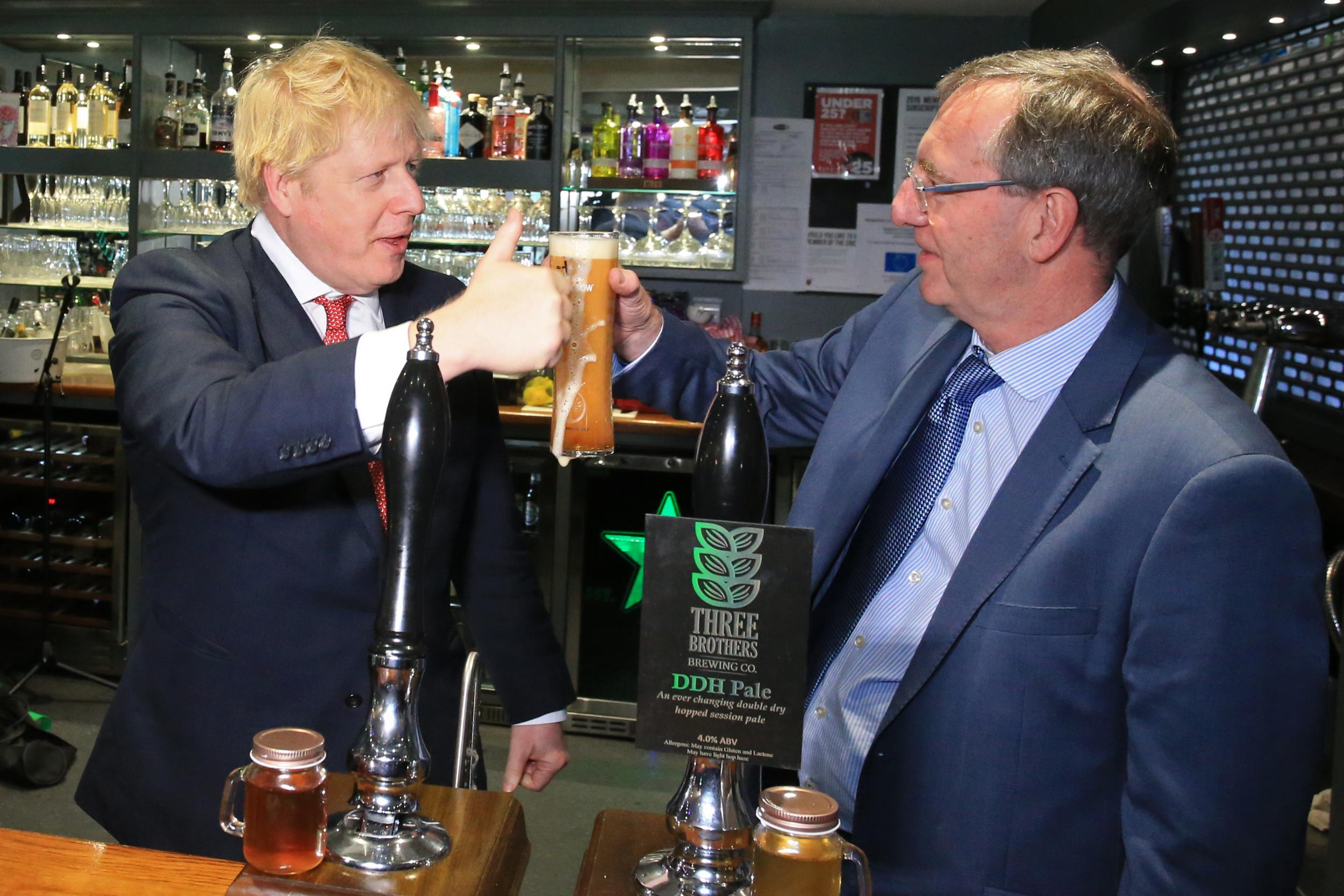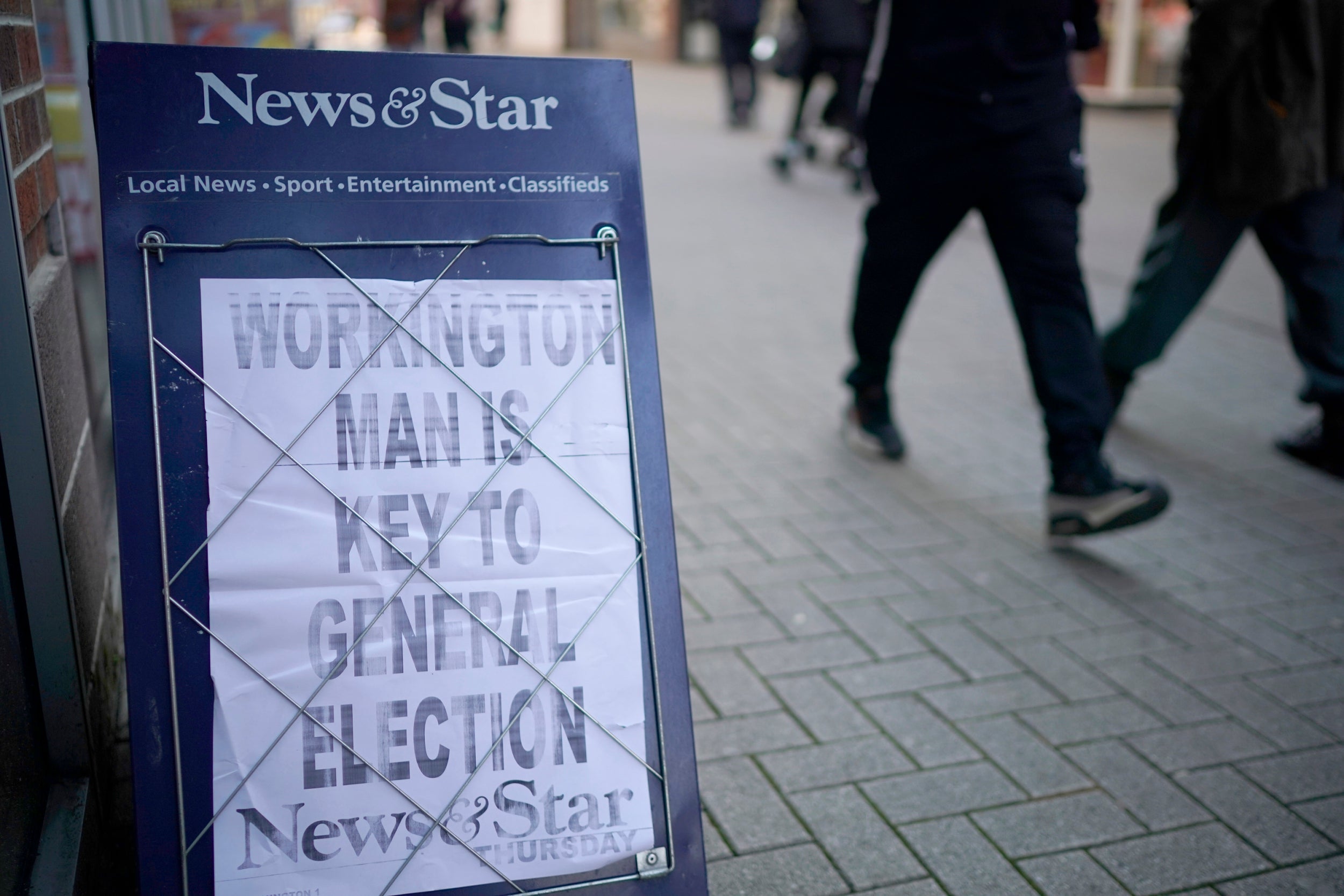Working class voters won Boris Johnson the general election – but can he keep them after coronavirus?
Sean O'Grady asks, will the pandemic, looming recession and unfinished Brexit business dash his hopes of keeping their votes?


The Conservatives are no longer the party of the rich, while Labour is no longer the party of the poor. Such is the revolutionary conclusion of the latest research on the last general election.
After a century when the worst-off looked to Labour, they are increasingly likely to trust the Tories. One wonders what Keir Hardie, Clement Attlee or Harold Wilson would make of such a state of affairs. Yet now the Covid crisis puts the government’s “levelling up” programme in some jeopardy.
“For the many not the few” was Labour’s familiar slogan at the last two general elections. Despite being first deployed in the Blair years, it was supposed to betoken a coming socialist revolution, one where obscene disparities in wealth and income were to be abolished, and where the poorest in society would at last get their fair share.
That at any rate was Jeremy Corbyn’s message and it was well-received in some parts of society. However, it was not in 2019 sufficiently attractive to those it was designed to help most to get them to vote Labour in sufficient numbers to put Mr Corbyn in Downing Street. Indeed, according to the latest study from the Joseph Rowntree Foundation, a research body with an impeccable reputation, and for what must be the first time in the modern party system, more low-income voters opted for the Conservatives rather than Labour. No less remarkably, more high-income voters favoured Mr Corbyn above Boris Johnson.
Such was the culmination of some long-run trends, including the uncoupling of Labour from parts of its working class base, seen with the most dramatic effect in the north and midlands, and the crumbling of the so-called red wall parliamentary seats. It was however a national phenomenon, and a remarkable one. The effects of the Brexit referendum and the wider “culture wars” seem to have reinforced long-term shifts in traditional party loyalties and voting patterns from the potteries to Blyth Valley.
Key factors driving the inversion of traditional voting patterns were Brexit, a Conservative advance among working class voters, pensioners and non-graduates since 2017, and negative perceptions of Labour’s leadership.

Overall, the Conservatives established an astonishing 15-point lead over Labour among lower-income voters, against a still-impressive 11.5 point lead in the electorate as a whole. And all this, it must be added, after a decade of Conservative or coalition rule and policies of cuts and austerity.
Yet now, as the Joseph Rowntree Foundation warns, those very low-income voters who placed their hopes in the hands of Mr Johnson and his populist appeal, stand most at risk of “double injustice” following coronavirus, as areas most in need of levelling up are bearing the brunt of the fallout from the pandemic. Lower-income voters in “left behind” areas have been led to expect a “levelling up” of living standards, public services, infrastructure and generally more attention than some feel has been the case for some years under all three main national parties.
Yet the effect of coronavirus, the sharpest recession in three centuries and the possible dislocations of Brexit will pose a severe challenge to the levelling up agenda. Slow economic growth and pressure on the public finances are bound to make life more difficult for ministers seeking to fulfil their election promises.
The authors of the report, Professor Matthew Goodwin, at the University of Kent and Professor Oliver Heath of Royal Holloway on the University of London, argue that both Labour and the Conservatives “urgently need to deliver a compelling offer on levelling up in order to reconnect with voters on low incomes whose lives have been profoundly affected by Covid-19”.
What must be purely speculative but still compelling, though, is to consider what might happen to those people’s political attitudes if neither main party manages to reconnect with those sections of the population who have for so long felt neglected and disappointed by the politicians in Westminster. Will they turn to other political options, or simply slump back into the kind of apathy and abstention many of them felt before the 2016 referendum?
Join our commenting forum
Join thought-provoking conversations, follow other Independent readers and see their replies
Comments